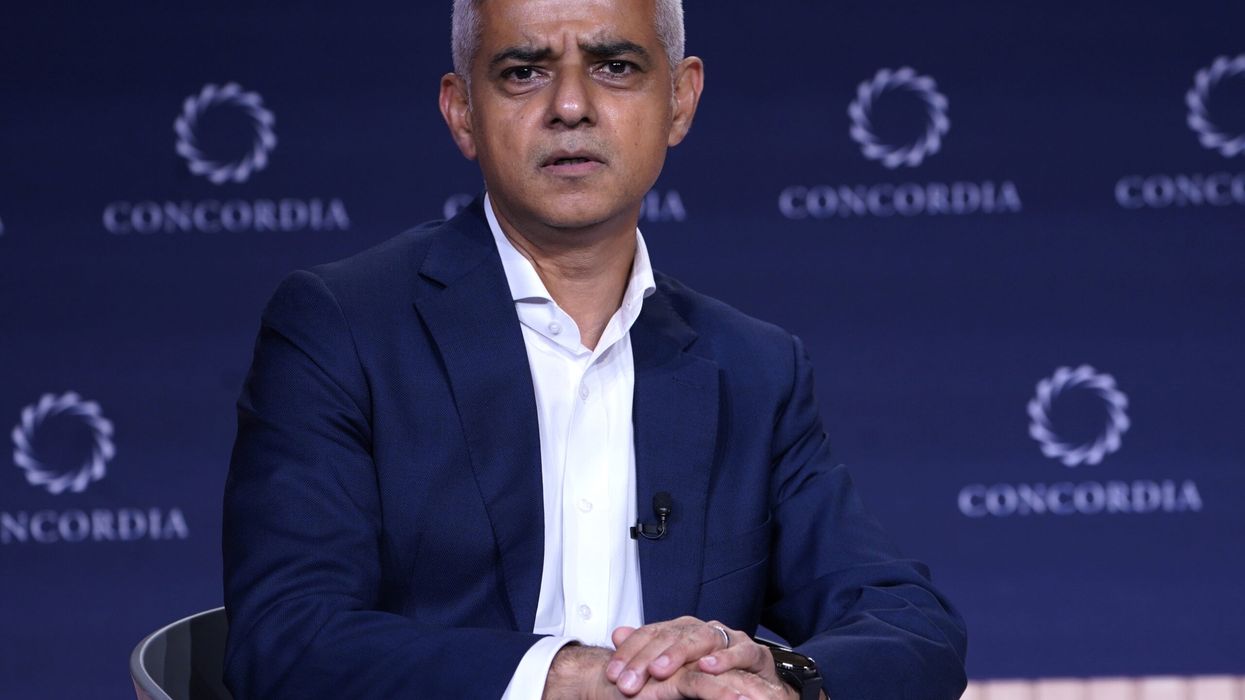Sadiq Khan has pledged to eliminate rough sleeping in London which is now at the highest level in a decade.
Announcing his latest manifesto commitment on Monday ahead of the mayoral election on May 2, Khan said he plans to spend an extra £10 million to tackle the growing humanitarian crisis in the city.
In the fourth quarter of 2023 there was a 23 per cent year-on-year increase in rough sleeping in London, with 4,389 people counted.
This is the highest since city hall started recording figures in 2014. More than half were sleeping rough for the first time.
The London boroughs with the most rough sleepers were Westminster, Camden and Ealing.
Of those counted, 40 per cent were from the UK and the rest from Europe (24 per cent), Africa (15 per cent), Asia (10 per cent), and elsewhere or not known (11 per cent).
According to Khan’s campaign team, the new funds will be used to provide support to help people on the streets rebuild their lives.
Tory candidate Susan Hall said it is due to the failure of Khan's policies that people are stuck in temporary accommodation.
"We cannot solve homelessness without solving the housing crisis, which is why I have pledged to build more family homes Londoners can afford," she told BBC.
Liberal Democrat mayoral candidate Rob Blackie pointed out that the mayor has missed his housing targets almost every year after he got elected.
Across the country, rough sleeping has more than doubled since 2010 and the number of homeless people in temporary housing has risen to an all-time high.













